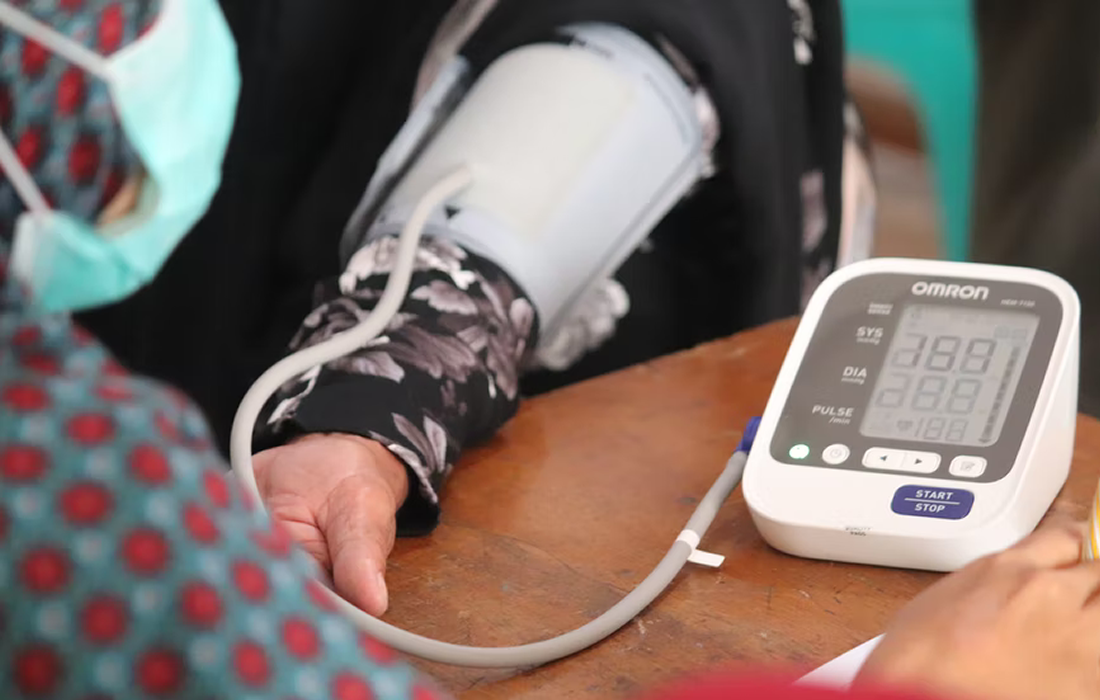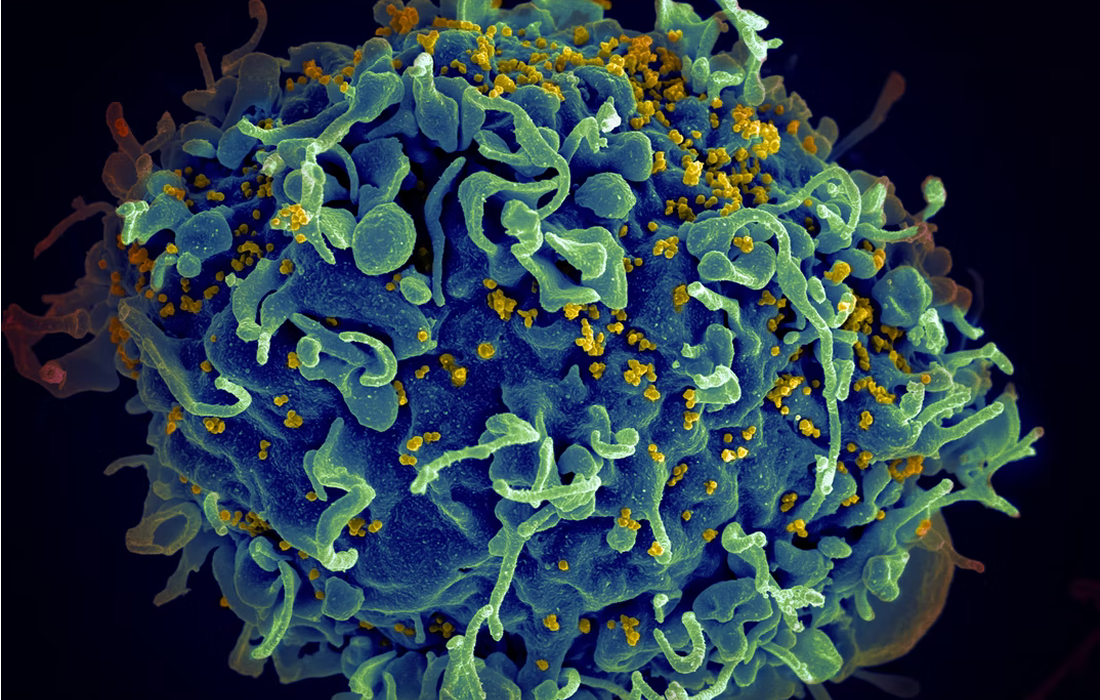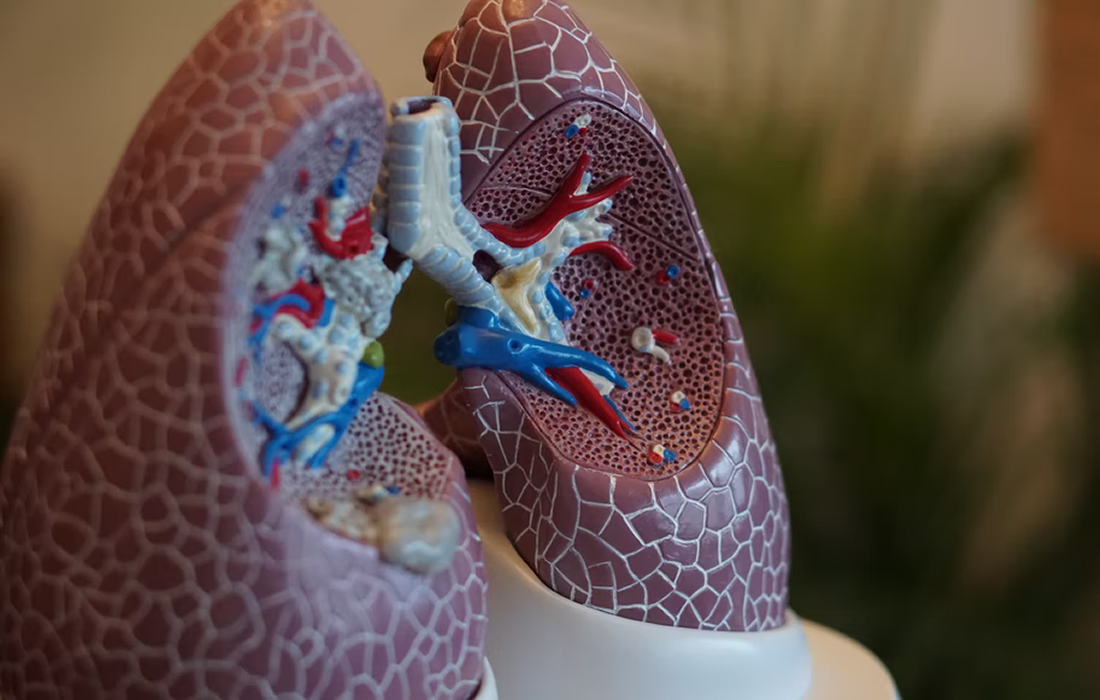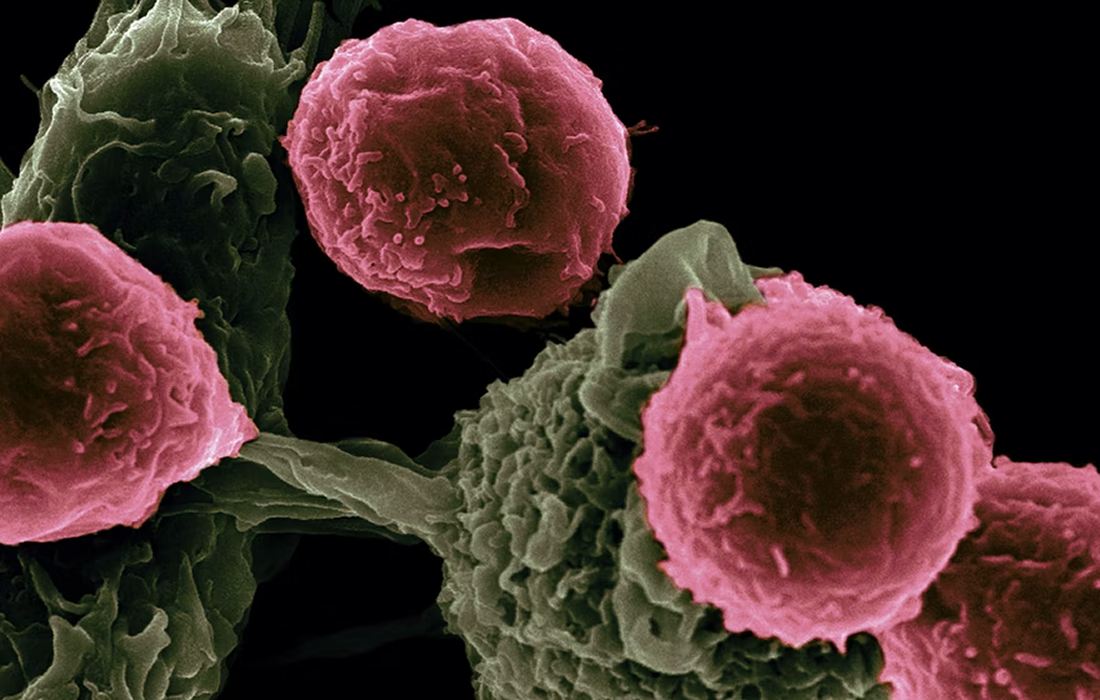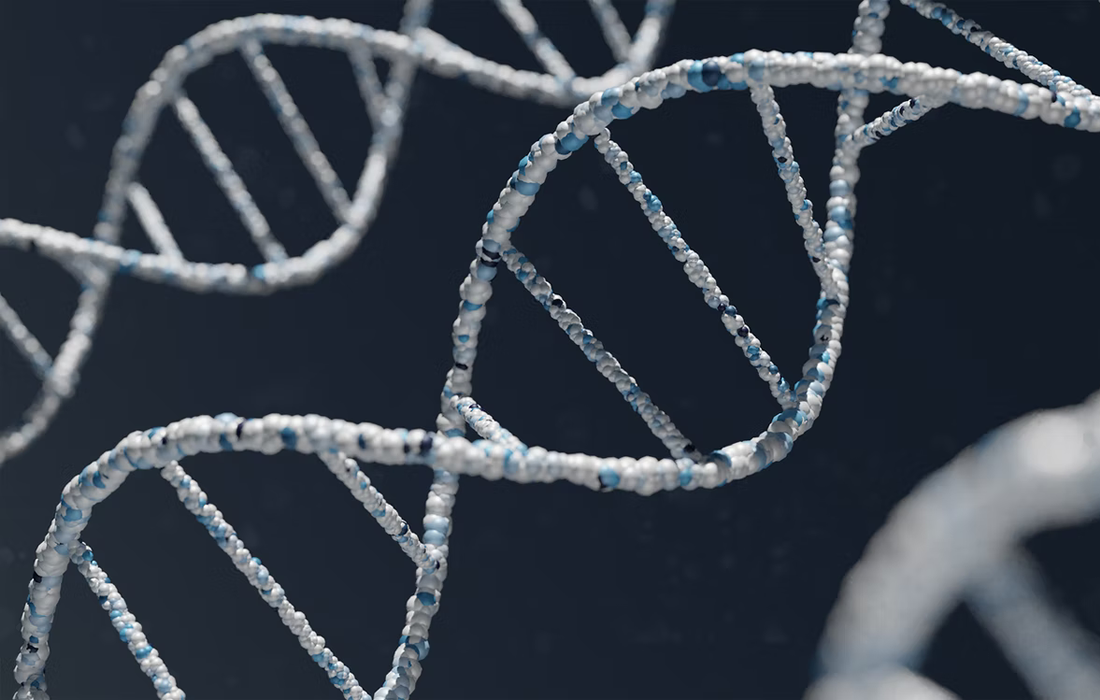According to the Centers for Disease Control and Prevention (CDC), 47% of adults in the United States have hypertension or high blood pressure. The International Society of Hypertension defines hypertension as blood pressure that is consistently higher than 140 over 90 millimeters of mercury (mm Hg). For many people, hypertension can be controlled using medication, […]
Category Archives: Regenerative Medicine News and General Information
Cardiovascular disease (CVD) is the leading underlying cause of death worldwide, accounting for more than 31.5% of total deaths. The main risk factors for developing atherosclerosis, which is the most common cause of CV clinical events, such as obesity, hypertension, diabetes, and aging are rising due to changes in lifestyle and the growing elderly population. […]
Alzheimer’s disease (AD) is the most common form of dementia worldwide and is defined biologically as the pathologic deposition of folded β-amyloid (Aβ) plaques, and hyperphosphorylated neurofibrillary tau tangles in the brain leading to neurodegeneration. Clinical trials focusing on therapeutic candidates that modify β-amyloid (Aβ) have repeatedly failed to treat Alzheimer’s disease (AD), suggesting that […]
To develop new therapeutics and curative strategies for HIV an improved understanding of the molecular mechanisms of the virus replication, persistence and pathogenesis are critical. Studies have identified several well-characterized host factors that influence HIV replication, but attempts to identify and catalog host factors with genetic means have yielded limited results. Now scientists at Northwestern […]
Autism spectrum disorder (ASD) is a developmental disability caused by differences in the brain. Some people with ASD have a known difference, such as a genetic condition. Other causes are not yet known. Scientists believe there are multiple causes of ASD that act together to change the most common ways people develop. Currently, there is […]
Previous observational studies have found an increased risk of stroke with centrally acting antidopaminergic antipsychotics, especially in older patients and among those with dementia. The risk is considerable at the start of the treatment, 12 times higher in the first month of use, and then declines over time, falling to baseline after three months of […]
Researchers have discovered a new type of cell that resides deep within human lungs that may play a key role in human lung diseases. The researchers from the Perelman School of Medicine at the University of Pennsylvania published their results in the journal Nature. The team analyzed human lung tissue to identify the new cells, […]
Prostate cancer ranks as the second most frequently diagnosed malignancy in men worldwide and is expected to surpass even lung cancer incidence levels within the next decade. While patients with localized or regional diseases have an excellent prognosis, metastatic PCa remains largely incurable. Therefore, therapeutic strategies must be tailored to the individual risk of the […]
Scientists have published the first complete, gapless sequence of a human genome. The Human Genome Project has been working on this for over two decades. According to researchers, having a complete, gap-free, that consists of 3 billion bases (or letters) in our DNA is critical to understanding the full spectrum of human genomic variation and […]
Hyponatremia is a common electrolyte disorder characterized by low levels of sodium in the blood and it can be seen in up to 30% of all hospitalized patients. This condition can cause no symptoms when mild, but moderate to severe cases can have different symptoms, including difficulty concentrating, headaches, nausea, and when severe it can […]

